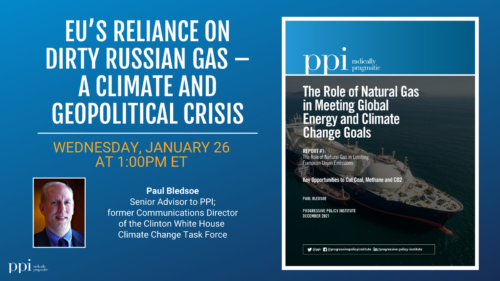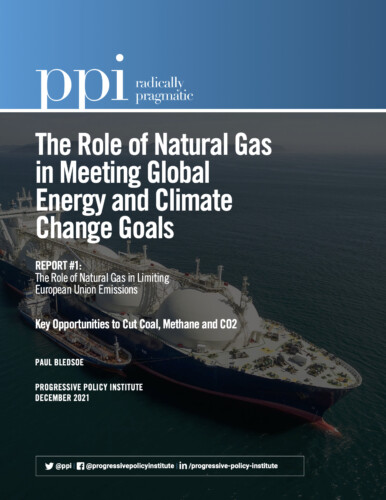The war in Ukraine has relied heavily on information warfare and the struggle to control the global narrative. It has highlighted both the impact that online campaigns can have on international crises, as well as the danger posed by false information on internet platforms. Social media-based disinformation is not the unknown threat it once was, but despite acknowledgement by internet platforms, online users, and American public officials that state-sponsored disinformation was likely to disseminate in the days following the Russian invasion, false claims have succeeded in blunting the world’s overwhelmingly adverse global reaction to Putin’s war. The response to this disinformation makes it clear that while we have learned from some of the mistakes of the past, false claims persist in both online and traditional media. Internet platforms have had to assume a defensive role, and right-leaning American media sources have echoed an online narrative consistent with that of the Russian state, further blurring the line between fact and fiction. Now, as we approach two months since the Russian invasion, it is important to assess what has worked well as a defense against false claims, as well as where state-backed disinformation continues to spread.
Given the familiar history of Russian weaponization of internet platforms for political purposes, the online propaganda offensive is hardly a surprise. In fact, the battle to frame the “special military operation” as essential to Russian security predates the invasion, with the European Expert Association identifying the dissemination of online rumors aimed at justifying the invasion of Ukraine sourced in Russian news media as early as October 2021.
This reality of Russian-backed disinformation on social media is a familiar one for many Americans following the 2016 election, during which at least 10.4 million tweets, 61,500 Facebook posts, and 116,000 Instagram posts were traced back to Russian state actors looking to influence the campaign debate. Since then, the question of how to counter false information online has shaken global politics, from claims of misinformation regarding the pandemic to the question of online censorship. As a result, global governments and online platforms were better prepared to combat disinformation than they have been in past conflicts.
The Biden administration’s decision to get out early and make public intelligence about Putin’s intent to invade Ukraine was hugely successful. It drowned out Russian state propaganda depicting Ukrainian leaders as “Nazis,” threatening Russian security. In early February, President Biden warned of the potential for a false flag operation under which Putin would invade Ukraine in response to some staged provocation. Despite Moscow’s claims that the Ukrainian government had plans to attack separatist regions of the country, the attempts to justify the invasion as a preemptive strike fell flat with a global audience. At the same time, social media posts coming out of Ukraine quickly went viral, leading to an outpouring of international sympathy and solidarity. Russian propagandists could not compete with vivid posts and videos capturing the horrors of war — for example, scenes of conditions in bomb shelters or one video of a Ukrainian vlogger being interrupted by a nearby missile strike. At this point, Russia was clearly losing the “information war.”
However, as the war continues, Russian disinformation has gained more traction online. For example, a map posted on left-wing websites showed recent airstrikes in in Syria, Yemen, and Somalia. Evidently its purpose was to underscore that all conflicts are deserving of progressives’ attention, not just the war in Ukraine. However, the first iteration of the image was posted by Redfish, a company staffed by former employees of the state-run outlet Russia Today. More recently, Moscow has filled social media with bogus claims that Ukraine is developing biological weapons funded by the United States. In fact, these supposedly sinister “biolabs” are a part of a longstanding U.S. program to support public health infrastructure in former Soviet countries. The story gained mainstream attention in the U.S. after the Russian Defense Ministry put out a statement claiming that funding for the biolabs could be traced back to Hunter Biden and George Soros, a preposterous claim that nonetheless has parroted in the U.S. by Fox News’s Tucker Carlson and some popular conservative podcasts.
This echoing of Kremlin propaganda on the Trumpist right shows that much work remains to be done to combat the deliberate pollution of online discourse with lies. The Biden administration should continue to wield accurate U.S. intelligence on what’s happening in Ukraine and in Putin’s ruling circle in Moscow. Washington should also redouble efforts to counter disinformation in countries friendly to Russia, including China, Brazil, and India. Additionally, while the value of an informed public holds its own weight, the urgency is heightened when one considers how the online narrative around the war has shaped real world outcomes. The early surge of online support for Ukraine unified the Western democracies in condemning and calling for tough economic sanctions on Russia and provoked an outpouring of donations to Ukraine from internet users, including $67 million in cryptocurrency.
Particularly considering these implications, moderation of online content and safeguards against state-sponsored propaganda online are critical in controlling the spread of harmful disinformation. U.S. lawmakers should encourage and support social media platforms in stepping up efforts to filter out lies and propaganda and support an ongoing push for media literacy to equip Americans with tools necessary to defend themselves against online disinformation. The recent proliferation of fables such as the Ukrainian American biolabs show that, although platform companies are more aware of and prepared to deal with disinformation than they were in the past, bogus information and conspiracy theories will still get through. The United States, which led the world into the digital age, must now take the lead in separating fact from fiction online.





